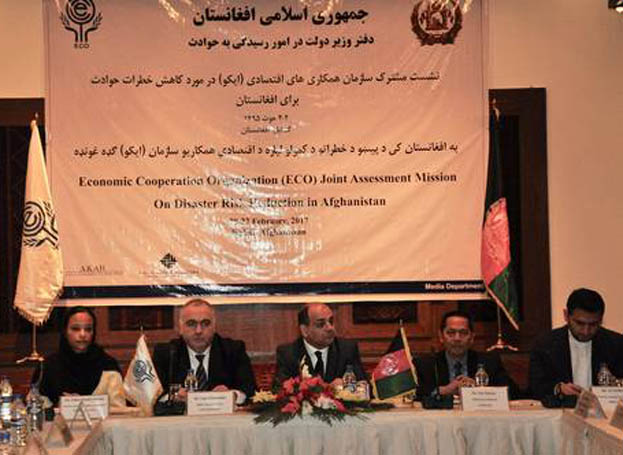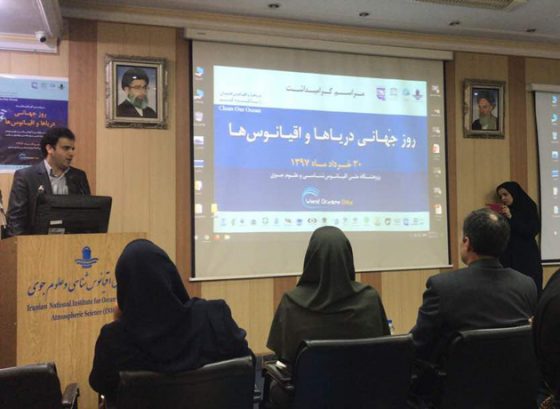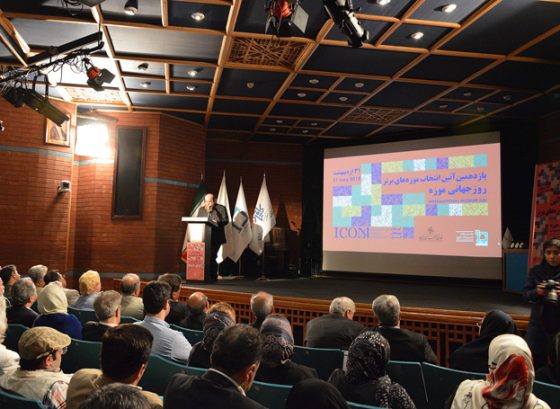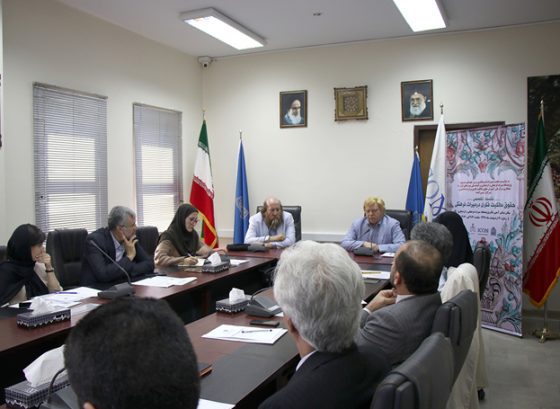UNESCO participates in ECO Joint Assessment Mission on Disaster Risk Reduction in Afghanistan

The Economic Cooperation Organization (ECO) and UNESCAP organized a joint Disaster Risk Reduction (DRR) Assessment Mission to the Islamic Republic of Afghanistan from 20-21 February 2017, AVA Diplomatic reports.
Afghanistan joined ECO in 1992 and five of its neighboring countries are also ECO Member States (Iran, Pakistan, Tajikistan, Turkmenistan and Uzbekistan). The country is on the top of ECO’s agenda, reflecting a sense of solidarity of its Member States towards the reconstruction, stability and sustainable development of Afghanistan.
The UNESCO Tehran Cluster Office was invited to participate in the assessment mission due to its close cooperation with ECO in the field of DRR and its sub-regional role, covering four ECO Member States (Afghanistan, Iran, Pakistan and Turkmenistan).
Like its neighboring countries, Afghanistan is exposed to a number of natural hazards, including earthquakes, extreme weather conditions, landslides, floods, avalanches, and drought. This disaster proneness is further complicated by the lingering violence and insecurity in many parts of the country. In 2016, ECO therefore developed a new advocacy plan for Afghanistan, focused on providing the Government with support to align its disaster management system and strategies to the Sendai Framework for Disaster Risk Reduction (SFDRR) and the Sustainable Development Goals (SDGs).
Within that context, the purpose of the joint DRR assessment mission was to facilitate a national consultative workshop to formulate a draft strategy for the implementation of the Sendai Framework, to formulate DRR-related recommendations for ECO’s advocacy plan for Afghanistan, and to review and revise as necessary the draft ECO regional framework for DRR.
On 20 February 2017, two stakeholder meetings were organized at the Serena Hotel in Kabul.
H.E. Mr. Wais Ahmad Barmak, State Minister for Disaster Management and Humanitarian Affairs (DMHA), opened the discussions by underlining the importance of DRR in Afghanistan and highlighting some of the challenges that the Ministry faced, including the lack of qualified staff and limited implementation capacity.
During the morning session, Deputy Ministers from a wide range of ministries discussed their priorities, needs and challenges related to DRR.
In the afternoon, NGOs, CBOs and UN agencies talked about their activities in the field of building resilience at the community level.
On 21 February, the National Consultation Workshop took place on aligning Afghanistan’s disaster management system with the Sendai Framework.
After the opening remarks of the State Minister for Disaster Management and Humanitarian Affairs, H.E. Ms. Nurjehan Mawani, Diplomatic Representative of the Aga Khan Development Network, talked about her organisation’s work in the field of DRR. She mentioned the newly established Aga Khan Agency for Habitat, which brings together a number of activities focused on preparing for both sudden and slow-onset disasters.
She also emphasized the importance of risk mapping and thanked the media who were present to cover the meeting, while stressing their crucial role in providing communities with essential information before, during and after disasters.
Ms. Esther Kuisch Laroche, Director and Representative of the UNESCO Tehran Cluster Office talked about UNESCO’s activities in the field of disaster risk reduction and emphasized that DRR was all about awareness and making the right choices.
“There is no such thing as a natural disaster”, said Ms. Kuisch Laroche. “There are only natural hazards, such as earthquakes, floods, droughts, etc. A disaster’s severity depends on how much impact a hazard has on society and the environment. And the scale of that impact depends on the choices that we, as humans, make for our lives and for our environment. These choices relate to how we grow our food, where and how we build our homes, what kind of government we have, how our financial system works and what we teach in schools. Each decision and action either makes us more vulnerable to disasters or more resilient to them.”
She went on to present a sub-regional project that UNESCO developed jointly with UN-Habitat and the ECO secretariat on earthquake hazard and risk assessment for Afghanistan, Iran, Pakistan and Turkmenistan. National partners of the project in Afghanistan include the State Ministry for DMHA, the Ministry of Urban Development, Ibn Isa University, the Afghanistan Geological Survey and the Geodesic Office.
The UNESCO Representative invited other partners to also join the project and called upon donors to provide financial support to this important endeavor.
Mr. Puji Pujioni from UNESCAP in Bangkok, provided an overview of the Sendai Framework and facilitated the discussions and group work during the rest of the day.
DMHA officials made presentations about the disaster risk management system in Afghanistan and existing legislation, policies, plans and programmes related to DRR. During the working group sessions, participants discussed priorities and recommendations for the implementation of the Sendai Framework in Afghanistan.
The outcomes of the meetings will be used to formulate a draft strategy for the alignment of Afghanistan’s disaster management system with the SFDRR and the SDGs, and will also be presented at the ECO Special Conference on Afghanistan, scheduled for April 2017 in Kabul.




